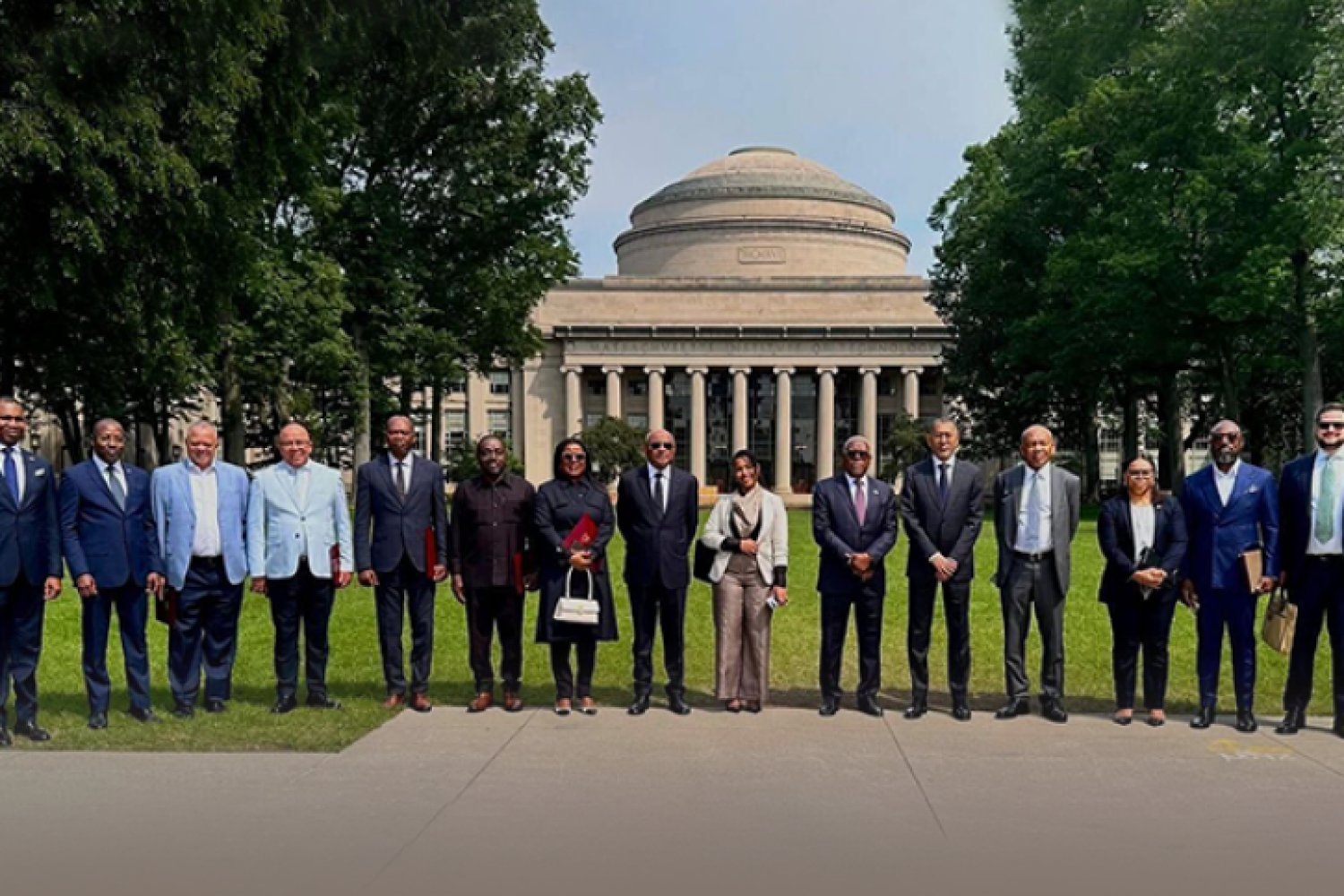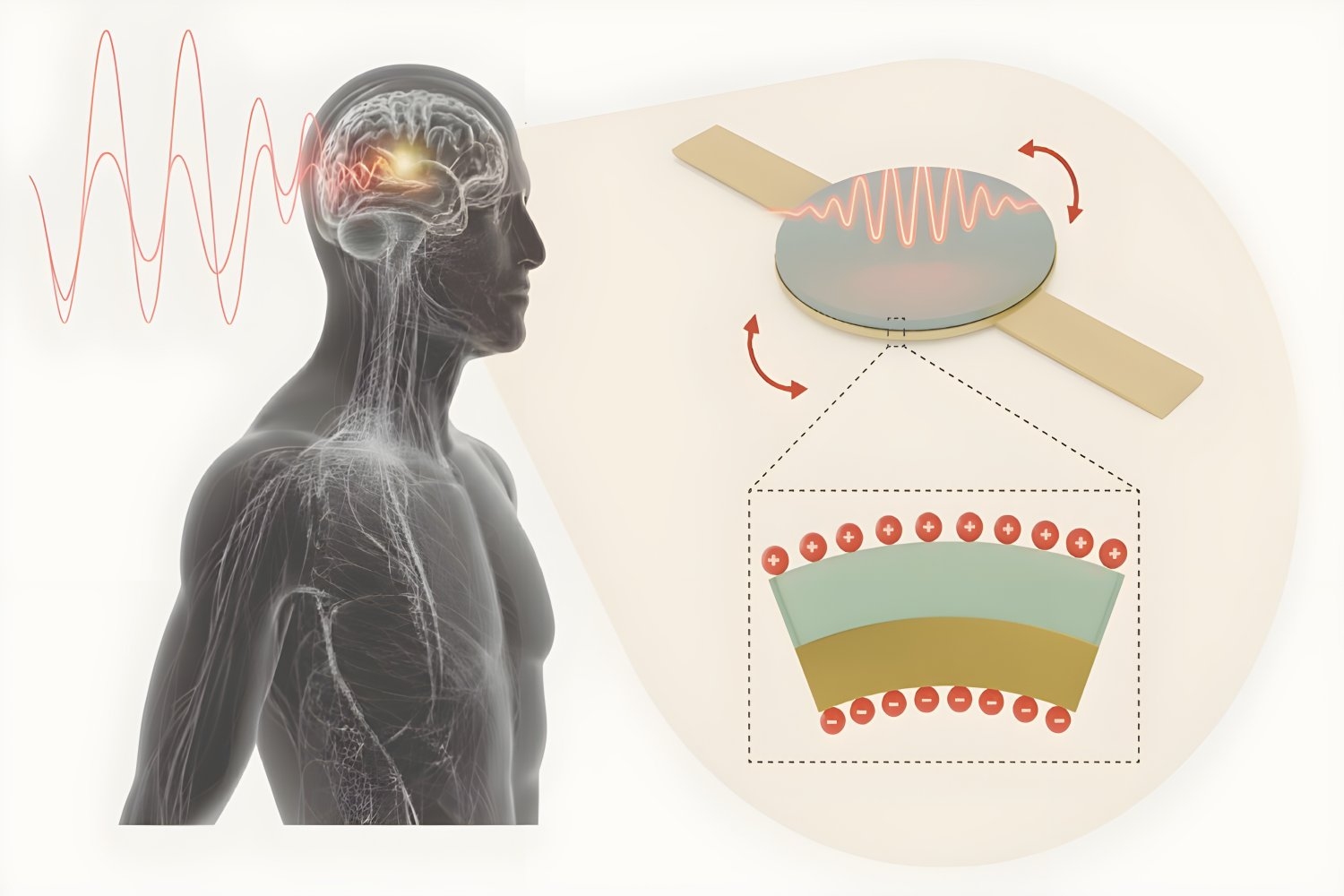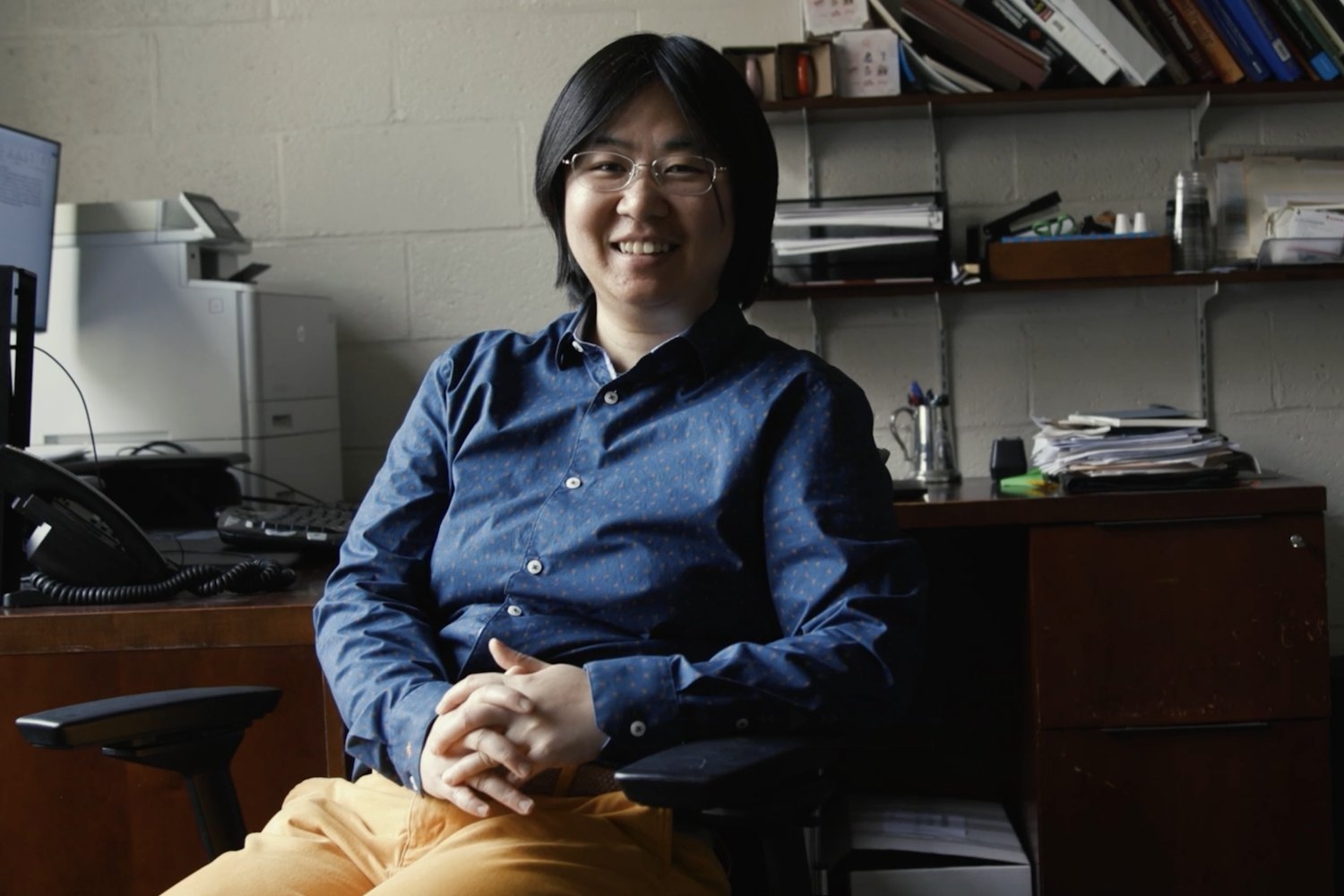MIT-Africa launches new collaboration with Angola
The MIT Center for International Studies announced the launch of a new pilot initiative with Angola, to be implemented through its MIT-Africa Program.
The new initiative marks a significant collaboration between MIT-Africa, Sonangol (Angola’s national energy company), and the Instituto Superior Politécnico de Tecnologias e Ciências (ISPTEC). The collaboration was formalized at a signing ceremony on MIT’s campus in June with key stakeholders from all three institutions present, including Diamantino Pedro Azevedo, the Angolan minister of mineral resources, petroleum, and gas, and Sonangol CEO Gaspar Martins.
“This partnership marks a pivotal step in the Angolan government’s commitment to leveraging knowledge as the cornerstone of the country’s economic transformation,” says Azevedo. “By connecting the oil and gas sector with science, innovation, and world-class training, we are equipping future generations to lead Angola into a more technological, sustainable, and globally competitive era.”
The sentiment is shared by the MIT-Africa Program leaders. “This initiative reflects MIT’s deep commitment to fostering meaningful, long-term relationships across the African continent,” says Mai Hassan, faculty director of the MIT-Africa Program. “It supports our mission of advancing knowledge and educating students in ways that are globally informed, and it provides a platform for mutual learning. By working with Angolan partners, we gain new perspectives and opportunities for innovation that benefit both MIT and our collaborators.”
In addition to its new collaboration with MIT-Africa, Sonangol has joined MIT’s Industrial Liaison Program (ILP), breaking new ground as its first corporate member based in sub-Saharan Africa. ILP enables companies worldwide to harness MIT resources to address current challenges and to anticipate future needs. As an ILP member, Sonangol seeks to facilitate collaboration in key sectors such as natural resources and mining, energy, construction, and infrastructure.
The MIT-Africa Program manages a portfolio of research, teaching, and learning initiatives that emphasize two-way value — offering impactful experiences to MIT students and faculty while collaborating closely with institutions and communities across Africa. The new Angola collaboration is aligned with this ethos, and will launch with two core activities during the upcoming academic year:
- Global Classroom: An MIT course on geo-spatial technologies for environmental monitoring, taught by an MIT faculty member, will be brought directly to the ISPTEC campus, offering Angolan students and MIT participants a collaborative, in-country learning experience.
- Global Teaching Labs: MIT students will travel to ISPTEC to teach science, technology, engineering, arts, and mathematics subjects on renewable energy technologies, engaging Angolan students through hands-on instruction.
“This is not a traditional development project,” says Ari Jacobovits, managing director of MIT-Africa. “This is about building genuine partnerships rooted in academic rigor, innovation, and shared curiosity. The collaboration has been designed from the ground up with our partners at ISPTEC and Sonangol. We’re coming in with a readiness to learn as much as we teach.”
The pilot marks an important first step in establishing a long-term collaboration with Angola. By investing in collaborative education and innovation, the new initiative aims to spark novel approaches to global challenges and strengthen academic institutions on both sides.
These agreements with MIT-Africa and ILP “not only enhance our innovation and technological capabilities, but also create opportunities for sustainable development and operational excellence,” says Gaspar. “They advance our mission to be a leading force in the African energy sector.”
“The vision behind this initiative is bold,” says Hassan. “It’s about co-creating knowledge and building capacity that lasts.”
Latest MIT Latest News
- Battery-powered appliances make it easy to switch from gas to electricFounded by Sam Calisch SM ’14, PhD ’19, Copper’s electric kitchen ranges plug into standard wall outlets, with no electrical upgrades required.
- Study reveals the role of geography in the opioid crisisThe findings point to state policies involving the presence of “pill mills” as influences on addiction over time.
- Injectable antenna could safely power deep-tissue medical implantsThe technology would allow battery-free, minimally invasive, scalable bioelectronic implants such as pacemakers, neuromodulators, and body process monitors.
- Burning things to make thingsSili Deng, the Doherty Chair in Ocean Utilization and associate professor of mechanical engineering at MIT, is driving research into sustainable and efficient combustion technologies.
- Study: Identifying kids who need help learning to read isn’t as easy as A, B, CWhile most states mandate screenings to guide early interventions for children struggling with reading, many teachers feel underprepared to administer and interpret them.
- This is your brain without sleepNew research shows attention lapses due to sleep deprivation coincide with a flushing of fluid from the brain — a process that normally occurs during sleep.













